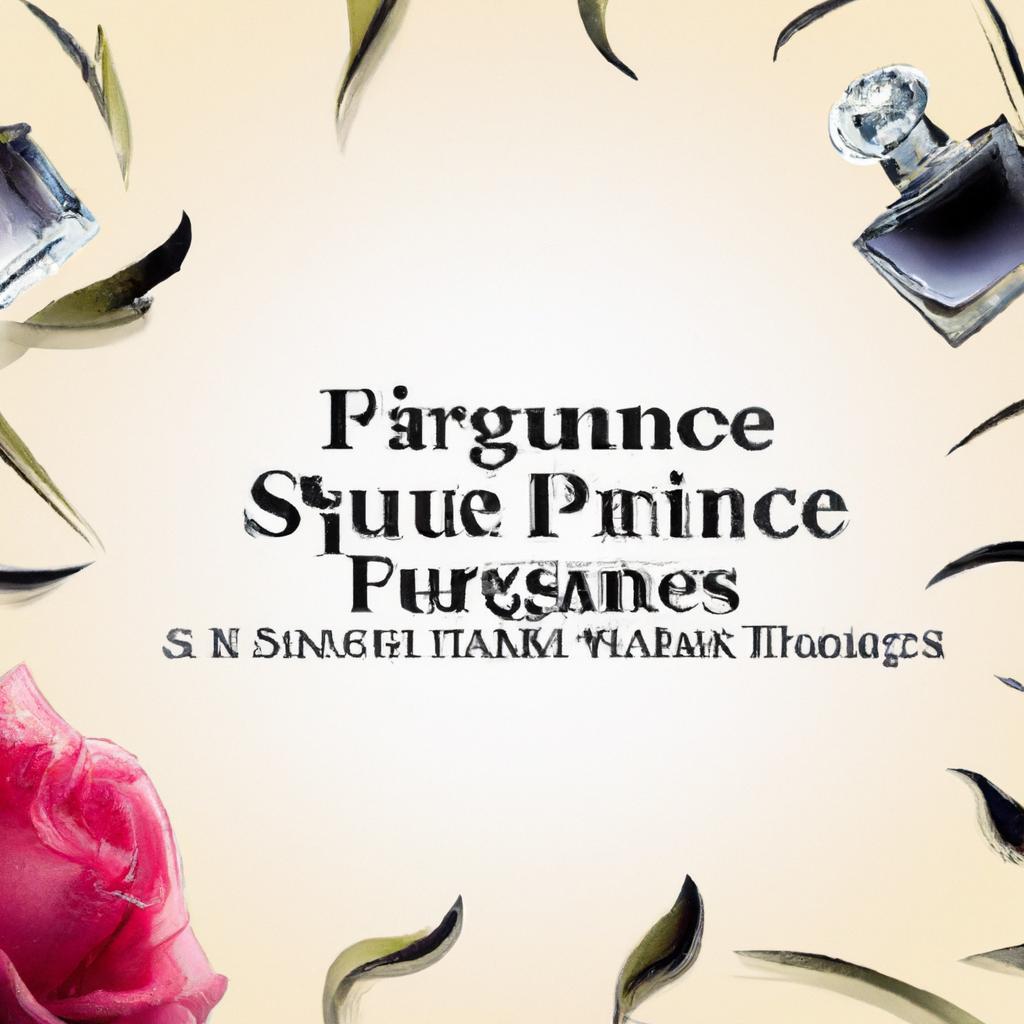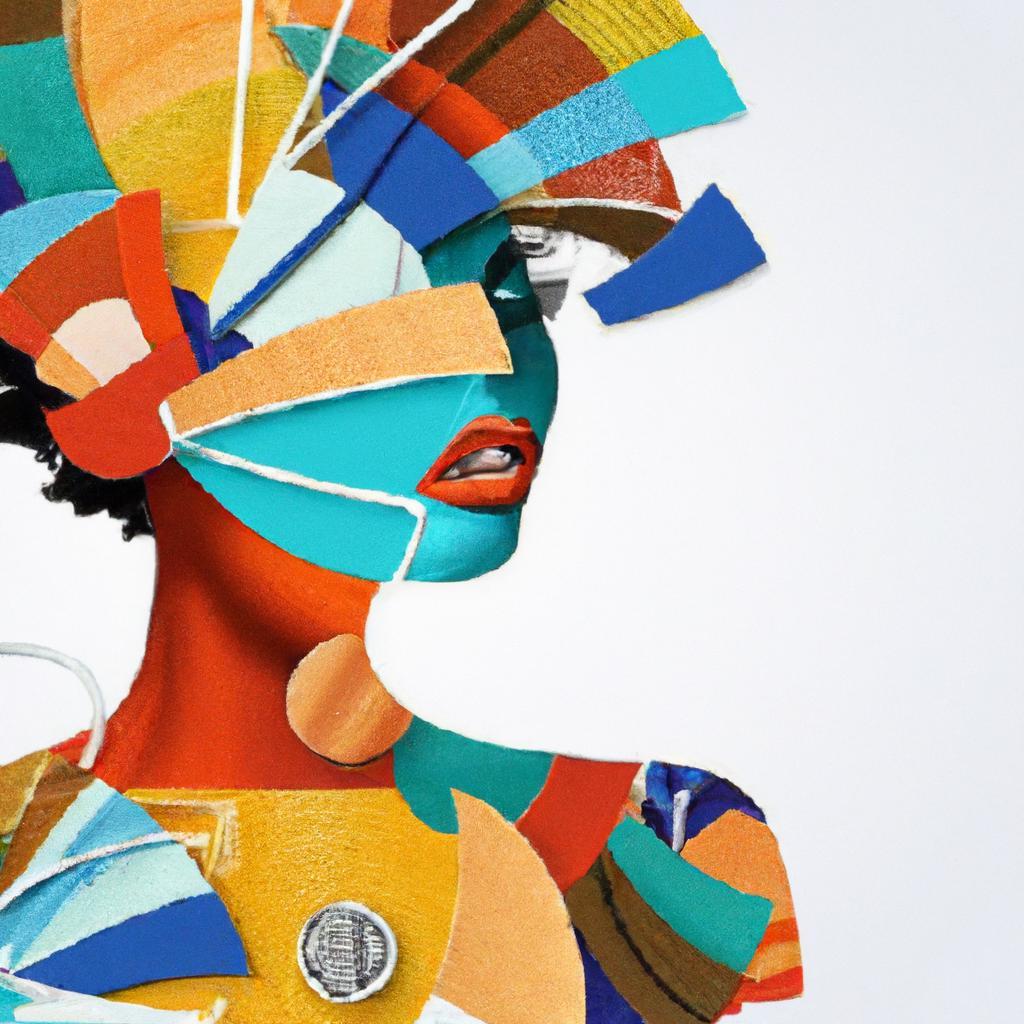Unveiling Fashion: Discover the Deep Cultural Roots Behind Everyday Style Elements
In a world where trends evolve at lightning speed and styles morph with every flick of a social media scroll, it’s easy to overlook the profound cultural narratives embedded in the fabric of our everyday attire. From the subtle elegance of a tailored blazer to the vibrant hues of a handwoven scarf, each piece we wear carries a history, a story that transcends borders and generations. This exploration delves into the rich tapestry of fashion, revealing the deep cultural roots that inform our style choices and shape our identities. Join us as we peel back the layers of fabric and tradition to uncover the influences that make our everyday clothing not just a matter of personal preference, but a reflection of a diverse cultural heritage. With every stitch and silhouette, the essence of communities, beliefs, and practices is woven into the very essence of fashion, reminding us all that what we wear is far more than mere adornment—it is an invitation to understand and appreciate the world’s vibrant tapestry.

Exploring the Intersection of Heritage and Personal Style
Fashion is far more than mere fabric and patterns; it is a living narrative woven from the threads of individual experience and collective history. By embracing their heritage, individuals sift through layers of cultural significance that inform their personal style, shaping a unique expression that resonates deeply. Each garment and accessory can hold stories of ancestry, tradition, and even rebellion. For instance, **brightly colored textiles** often reflect a community’s connection to their land, while **intricate embroidery** may tell tales of family history or religious beliefs. Exploring these elements provides an opportunity to celebrate origins while promoting authenticity in personal style.
Everyday choices in fashion can also encourage conversations about identity and belonging. Consider the influence of global cultures on local trends. Styles such as **kimonos, sarongs,** and **dashikis** showcase distinct heritages, yet have seamlessly integrated into modern wardrobes around the world. This fusion of cultural symbols can be highlighted in a diverse wardrobe across different occasions. The continuing evolution of personal style is exemplified by the following elements derived from various heritages:
- Patterns: Geometric prints from Indigenous cultures meet minimalist aesthetics.
- Accessories: Statement jewelry often reflects cultural craftsmanship.
- Footwear: Traditional shoes like espadrilles or moccasins retain their appeal.

The Influence of Traditional Textiles on Modern Fashion Trends
The world of modern fashion is a vibrant tapestry woven from countless threads of tradition, culture, and artistry. **Traditional textiles**, with their unique patterns and techniques, serve not only as a testament to the craftsmanship of bygone eras but also as a profound source of inspiration for contemporary designers. The transition of these textiles from age-old methods to the runways of today showcases an exciting dialogue between the past and present. Designers like Etro and Issey Miyake have been particularly adept at reinterpreting **handwoven fabrics** and **regional patterns**, transforming them into bold statements that resonate with the principles of sustainability, cultural identity, and global interconnectedness.
Fashion enthusiasts are increasingly drawn to pieces that celebrate heritage and authenticity. Elements like **ikat**, **batik**, and **paisley** are reimagined in modern silhouettes, promoting a greater appreciation for their historical significance. This revival can be seen in various fashion lines, where designers infuse these age-old techniques into everyday wear. The inclusion of traditional textiles in modern fashion often highlights:
- **Cultural storytelling:** Each fabric tells a unique story, reflecting the values and history of the people who created it.
- **Sustainable practices:** Many traditional fabric techniques emphasize eco-friendly methods that can reduce the fashion industry’s carbon footprint.
- **Global connection:** Fashion becomes a bridge between different cultures, as modern designers explore and honor the diverse textile traditions from around the world.

Sustainable Choices: Honoring Culture Through Ethical Fashion Practices
The intricate relationship between fashion and culture is profound, with each garment often telling a story steeped in tradition. When we choose to wear items crafted with respect for cultural heritage, we participate in honoring those origins. Ethical fashion practices not only embrace sustainable materials but also advocate for fair treatment of artisans and local communities. This means selecting brands that prioritize **eco-friendly textiles**, promote **artisan craftsmanship**, and maintain a transparent supply chain. By consciously opting for these choices, we help preserve age-old techniques that define specific cultures while ensuring artisans receive fair wages for their work.
Moreover, the impact of sustainable fashion transcends just the individual pieces we choose to wear; it reverberates through the communities involved in their production. Brands that engage in ethical practices often support **community development initiatives** and **cultural preservation efforts**. This support nurtures local economies and fosters a sense of pride in cultural identity. Key elements to consider when shopping ethically include:
- Transparency: Brands that disclose their production processes tend to uphold ethical standards.
- Materials: Look for sustainably sourced fabrics like organic cotton, hemp, or recycled materials.
- Support for Artisans: Choose companies that invest in the skill development of local artisans.
| Fashion Element | Cultural Significance | Ethical Practices |
|---|---|---|
| Textiles | Traditional weaving patterns | Low-impact dyeing methods |
| Jewelry | Symbolic designs depicting history | Ethically sourced materials |
| Footwear | Heritage styles from various regions | Handmade production |
To Conclude
As we conclude our journey into the intricate tapestry of fashion, it becomes evident that every thread woven into our daily attire carries stories and traditions that span centuries and cultures. Beyond fabric and design, each piece of clothing serves as a canvas, reflecting the diverse histories and influences that shape our identities. In unveiling these deep cultural roots, we not only deepen our appreciation for the garments we wear but also connect more meaningfully with the narratives they embody.
Every style element, whether it’s the elegant silhouette of a dress or the casual comfort of a pair of jeans, prompts us to consider who we are in relation to the world around us. As we navigate the fast-paced realm of contemporary fashion, let us remain mindful of the rich heritage that informs our choices. In this eternal dance between tradition and innovation, may we celebrate not just the beauty of style, but also the profound connections that unite us through our shared love for fashion.
So, next time you slip into your favorite outfit, take a moment to appreciate the myriad stories it represents. After all, in the vibrant world of fashion, every choice is an opportunity to honor the past while embracing the future. Let your wardrobe be a reflection of the cultures, histories, and inspirations that speak to you, for within each piece lies a world waiting to be discovered.



















Add Comment